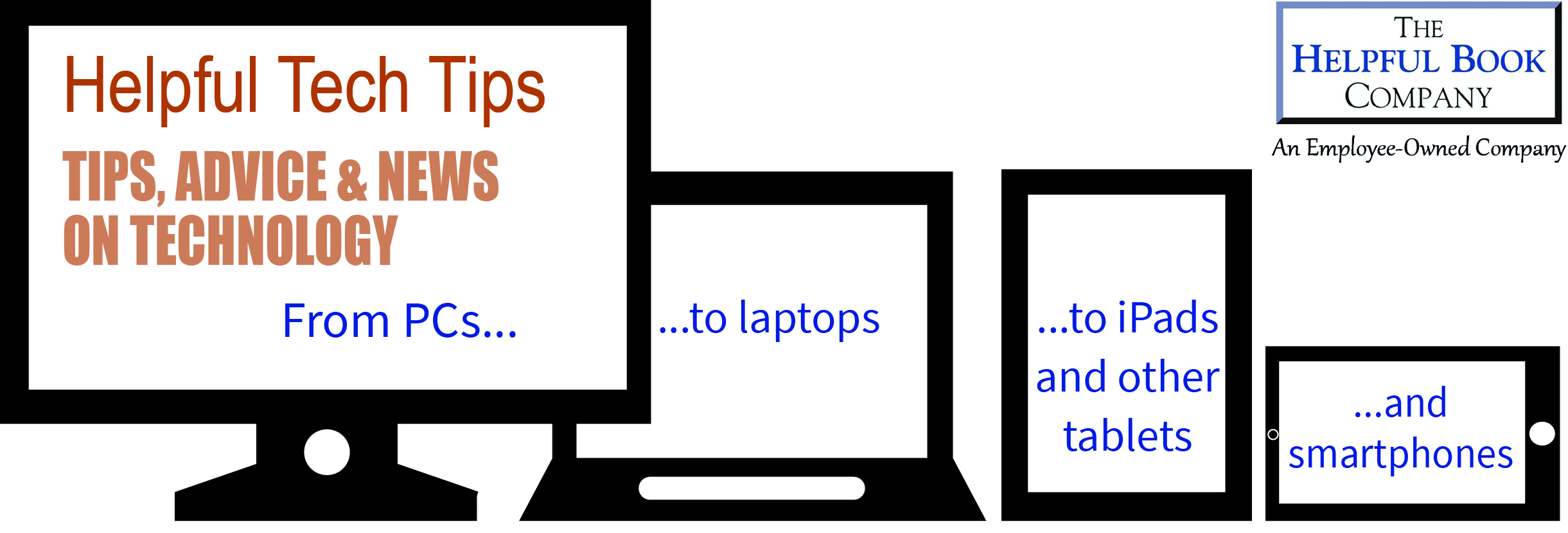Hello
Lots of stuff to do with Windows today – a sort of sequel to the issue I wrote at the start of the month…
Buying a new PC: Windows 7 vs Windows 8/8.1
Earlier this month I wrote some tips for if you’ve recently got a Windows 8 computer. And my wife was asking me the other day whether we should get a Windows 7 or a Windows 8 computer if we got a new one (our laptop at home is showing signs of giving up the ghost permanently).
It set me thinking… I know quite a few people are a bit intimidated by Windows 8. And you can actually still buy a new Windows 7 computer (you can order one on www.Amazon.co.uk for example, or I’ve bought from http://www.europc.co.uk/ in the past).
So, which is the best option? If you need a new PC, should you go for Windows 7 or 8?
You won’t be too surprised that the answer’s “it depends”.
It depends on what you use your PC for.
You don’t need to worry that Windows 7 is about to become completely out of date. Microsoft are planning to keep on giving it “Extended Support” until 2020. So although it’s certainly not as new as Windows 8, it can still be used safely on the internet for a few years yet. I’d like PCs to last more than 6 years, but in reality most people replace them more often than that anyway.
And if you’re used to using older versions of Windows, Windows 8 is a big jump. It’ll probably be easier to use Windows 7.
On the other hand, if you only use your computer for browsing the internet, then it won’t take long to learn how to start the web browser in Windows 8 – so there won’t be too much to learn. It’s if you use it for a variety of things that it can take longer to get the hang of.
And if you can stretch to a touch-screen (and I’m sure they’ll come down in price over the next year or so), then I think it makes Windows 8 much easier to learn.
So there are a few different things to take into account – and at the end of the day, there’s no big problem with either approach. If you choose Windows 8, you’ll have to learn how to use a new system – but it will do what you need OK. If you choose Windows 7, it’ll be a little bit older and you might have problems if you still want to use it after 2020 – but in the meantime, it’ll also do what you need.
As for me, if our laptop does turn itself into an expensive doorstop, I’ll probably get a Windows 8 one. Mainly just because it’ll make it easier for me when I’m working at home, to be using the system I’m writing about.
A quick keyboard shortcut if you use Windows 7
I’ve always been a big fan of keyboard shortcuts – combinations of keys you press together to do something, instead of fiddling around in menus. For example, holding down ctrl and pressing P in order to print, or ctrl and S for save.
And here’s another good one, in Windows 7 at least. If you start a program and it isn’t filling the screen (maximised), instead of clicking on the little button in the middle of the three at the top right hand corner of the screen, you can hold down the Windows key (the one between ctrl and alt on the left of the keyboard) and press the up cursor arrow. (Windows and the down arrow will shrink it down again and pressing it again will minimise it completely – to the taskbar at the bottom of the screen).
And another one for starting programs even faster
Most people using Windows 7 have a few programs “pinned” to the taskbar – shown along the bottom of the screen, that you can click on to start the program.
But you can also start them without using the mouse at all. Hold down the Windows key and tap 3, for example, to start the third one along (for me that’s my email program). Or Windows and tap 4 to start the 4th one… and so on.
I’ll admit, it doesn’t save a huge amount of time. But it saves you moving your mouse from wherever it is, which could be especially useful if you’re using a trackpad on a laptop.
A nifty little trick.
